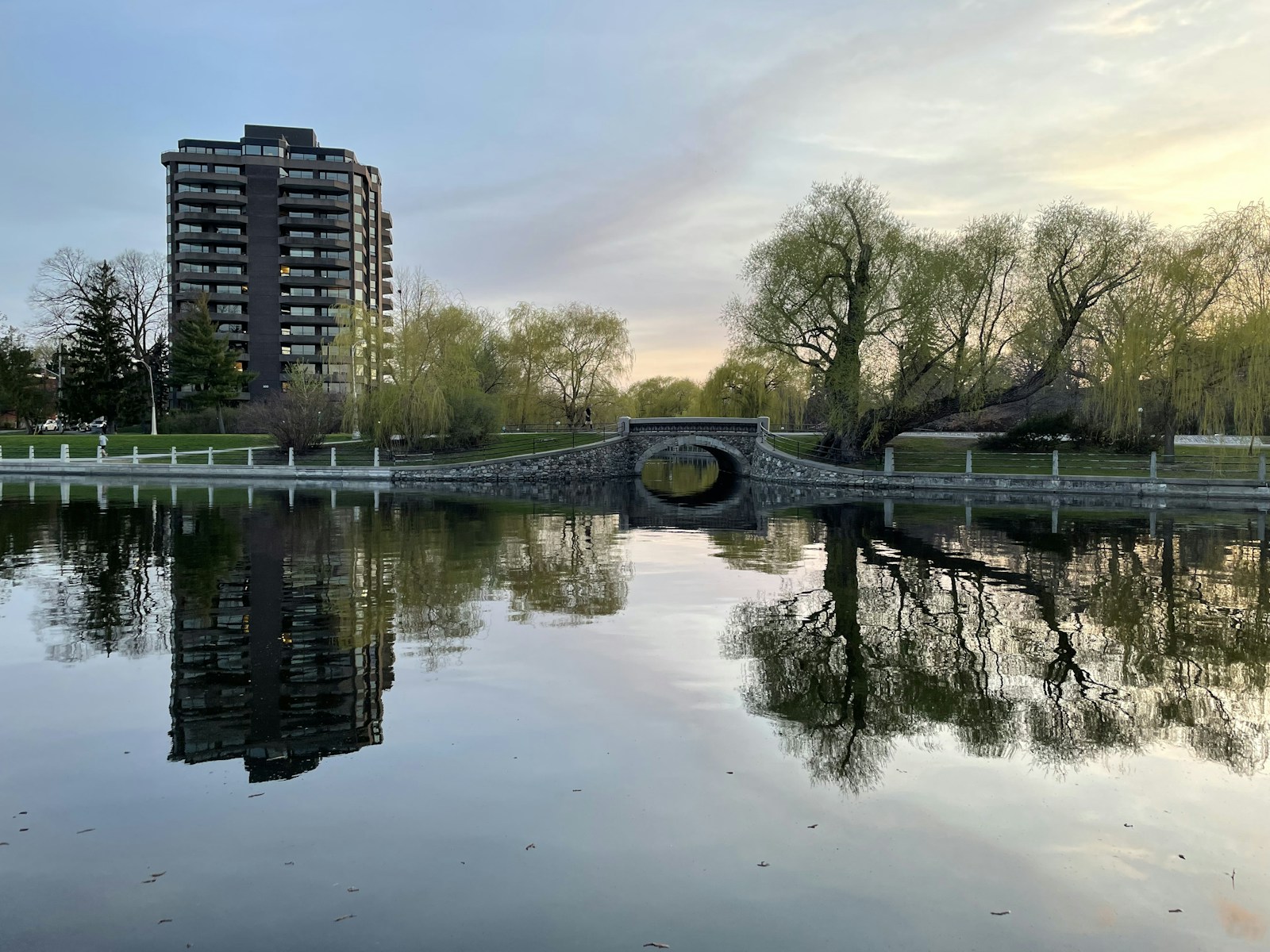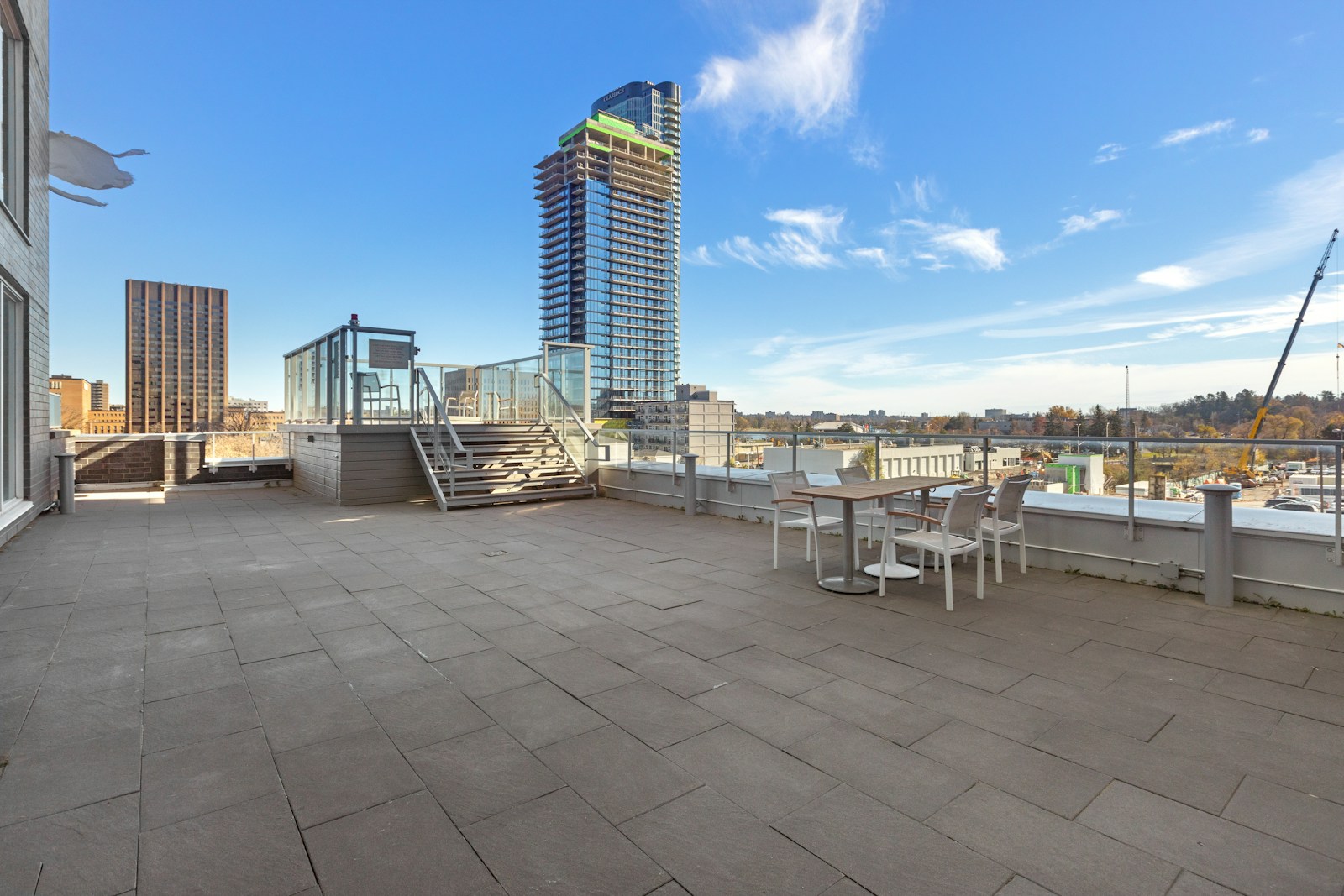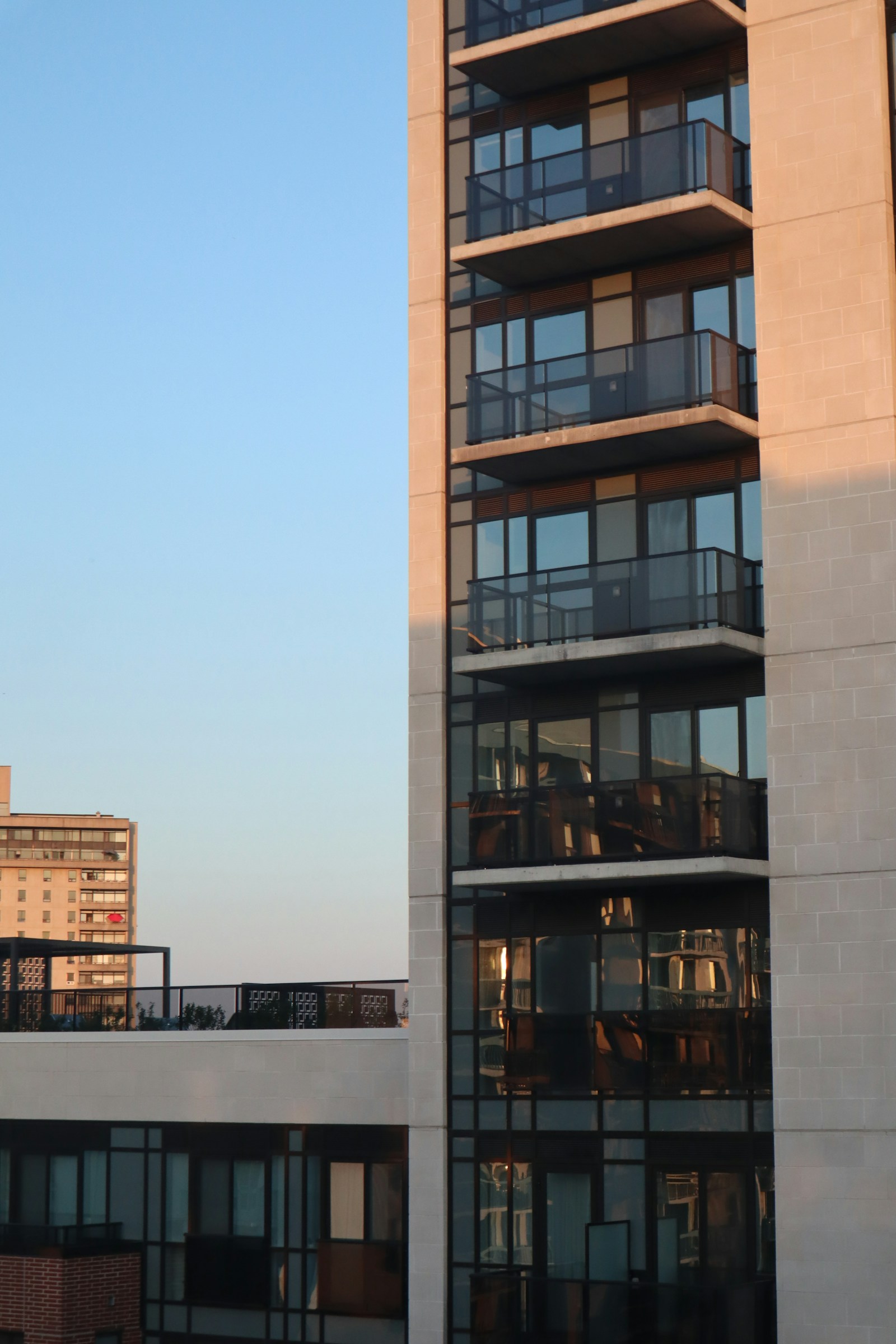In 2026, $700,000 remains a key affordability ceiling for many Ottawa buyers.
While detached homes under this price are rare in the core, buyers can still find excellent townhomes, semis, and select detached options — if they know where to look.
This guide breaks down the best Ottawa neighbourhoods where $700K still goes far in 2026, based on livability, access, resale strength, and buyer demand.
What $700K Typically Buys in Ottawa (2026)
Under $700K, most buyers can expect:
Freehold townhomes or semis
Some older detached homes in outer neighbourhoods
Larger condos or stacked towns in urban areas
The key trade-off is usually space vs location.
1. Orléans
Why it works under $700K:
Strong supply of freehold townhomes
Growing LRT access improving commute times
Family-friendly layout and newer housing stock
Best for: First-time buyers, young families, long-term holds
2. Barrhaven
Why it works under $700K:
Consistent inventory of townhomes and semis
Strong school districts
High buyer demand supports resale
Best for: Families prioritizing space and value
3. Riverside South
Why it works under $700K:
Newer townhome developments
LRT expansion driving long-term upside
Popular with move-up buyers
Best for: Buyers focused on appreciation and newer builds
4. Kanata (Select Pockets)
Why it works under $700K:
Established neighbourhoods with strong amenities
Access to tech employment hubs
Mix of townhomes and older semis
Best for: Professionals and families
5. Beacon Hill / Blackburn Hamlet
Why it works under $700K:
Mature communities with parks and schools
Close proximity to downtown and NCC green space
Some older detached homes still available
Best for: Buyers valuing character and location
6. Carlington
Why it works under $700K:
Central location near hospitals and transit
Strong redevelopment activity
Increasing buyer interest
Best for: Buyers seeking future upside
Neighbourhoods That Are Getting Tougher Under $700K
In 2026, these areas are increasingly difficult under $700K:
Westboro
Hintonburg
The Glebe
Alta Vista (detached)
Townhomes or condos may still be possible, but expectations need adjustment.
How to Choose the Right Neighbourhood
Ask yourself:
Do I value commute time or living space more?
Am I buying for lifestyle or resale?
Is this a 3-year or 10-year plan?
The best neighbourhood is the one that aligns with both budget and timeline.
Common Buyer Mistake
Many buyers focus only on price — but ignore:
Future infrastructure
School zones
Resale depth
Neighbourhood quality matters just as much as the home.
Want Listings Under $700K That Actually Make Sense?
Online searches often surface outdated or unrealistic listings.
If you want current, realistic options under $700K — broken down by neighbourhood and property type — a targeted search saves time and frustration.
Happy to help narrow it down.










